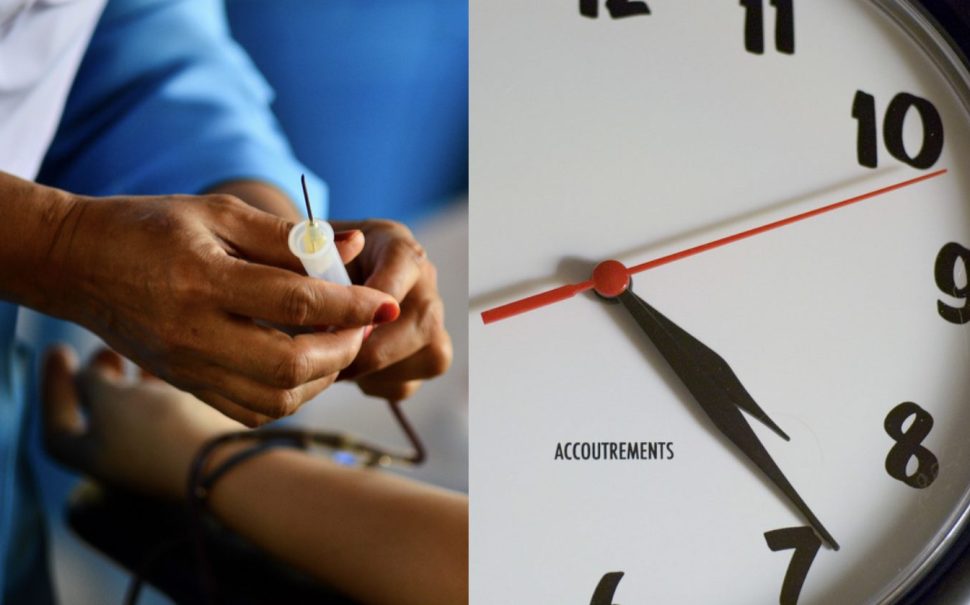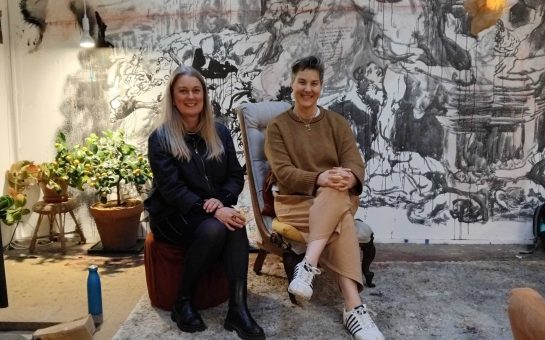Minority ethnic people remain ‘vastly underrepresented’ and face longer waiting times in organ donation, new data reveals.
The findings from NHS Blood and Transplant’s annual report come after a difficult pandemic period which exacerbated health inequalities and increased distrust in public health authorities.
With less than 0.1% of active blood donors and 4.4% of active organ donors in England coming from BAME groups, the current crisis reflects a long-term struggle to increase Black, Asian and other Minority Ethnic (BAME) donation.
Despite an overall increase, current donation levels are still lower than they were in the year 2018/19.
In the year 2022/23, 68% of opt-in organ registrations where among white people.
This contrasts with a 20% opt-in rate and a 7% opt-in rate among Asian and Black people respectively.
Much recent growth can therefore be cast as post-pandemic recovery, rather than a straightforward rise in donations.
Gurch Randhawa is Professor of Diversity in Health and Director of the Institute for Health Research at the University of Bedfordshire.
He said: “There is this perceived fear of racism in the health service.
“So a lot of people don’t join the organ donor register as an opt in, because they think that the doctors won’t try and save their lives as much if they’re from a minority community.”
Gurch believes that more could be done in the early stages of medical education and communication to prevent the need for organ and blood donation amongst minority ethnic groups.
“Many of the conditions that later require donation are either preventable or manageable.
“The longer-term systemic issue is if you want the NHS to sustain itself in terms of financial and human costs, we’ve got to get into the prevention agenda because we shouldn’t have this rate of organ failure in this country.
“So, in a sense, we’ve slipped into what I would call a ‘National Sickness Service’ where we’ve lost the H in the NHS,” Gurch said.
Gurch, who is Sikh, has been running health and wellbeing services in Sikh places of worship.
He says community members were more open to health information once they had all their questions answered by bilingual GPs, Sikh community leaders, and those who made them feel safe.
Gurch’s work highlights the value of what a recent parliamentary report into organ donation calls culturally competent communication, which relies on trusted and targeted community messaging to promote donation awareness and understanding.
A major concern is the drop in family consent or authorisation rates across all ethnicities.
There was a 39% family consent rate among BAME donors last year, far lower than the 70% for white potential donors.
Over 80% of minority ethnic people receive their transplants from white donors, the data shows.
These transplants are less effective than direct ethnic matches, especially when targeting diseases like sickle cell which disproportionately affect BAME blood types.
Orin Lewis OBE is co-founder of the Croydon-based African Caribbean Leukaemia Trust (ACLT), a multiple award winning charity which supports people requiring blood and tissue donations to survive.
Orin has argued that present day distrust can be traced back to historic traumas including slavery, colonialism and well-documented clinical experimentation.
Orin said: “The reason we are successful is because there is high level of trust in what we do.
“We understand people’s histories, we understand their story.
“We also highlight what’s been done to us in a negative way but emphasise what can be achieved by working in a timely manner.
“The ACLT should not have to exist, the system should be equitable enough to ensure all people can get the healthcare support they need.”
Lack of minority ethnic donation worsens already lengthy organ donation times, with Black patients waiting 649 days and Asian patients waiting 599 days for a transplant on average.
This contrasts with the 463 day waiting average for white patients.
John James is Chief Executive of The Sickle Cell Society, a non-profit organisation based in Brent that is working to empower those living with sickle cell disease, a group of red-blood disorders which largely affect Black people.
John believes NHS Blood and Transplant could be doing more to positively encourage BAME blood and tissue donation, highlighting the role of charities like his in effectively engaging with communities where the NHS falls short.
He said: “We are a largely Black charity that works principally with Black and mixed-race individuals, this contrasts with NHS Blood and Transplant who at a very senior level are a largely white organisation.
“With an empowering outlook, with our tagline of ‘give blood give love’, things can improve, but that requires a seismic change from NHS Blood and Transplant to let go and give more power to communities.”
Responding to this article Mark Chambers, Deputy Director of Donor Experience and Communications at NHS England said:
“We’ve been doing a lot of work to highlight the need for more donors of Black heritage, and we’re pleased that more people of Black heritage are now giving blood.
“We continue to invest in and prioritise the diversification of our donor base and we work closely with a range of partners and interest groups to build advocacy.
“We are also planning even more convenient donation opportunities in specific areas of the country with high Black donor potential, including a new donor centre open seven days per week in the heart of Brixton, London.”
For more information on donation visit NHS Blood and Transplant online, or see the ACLT and Sickle Cell Society websites.
Data sources: NHS Blood and Transplant Annual Report on Ethnicity Differences 2023.





